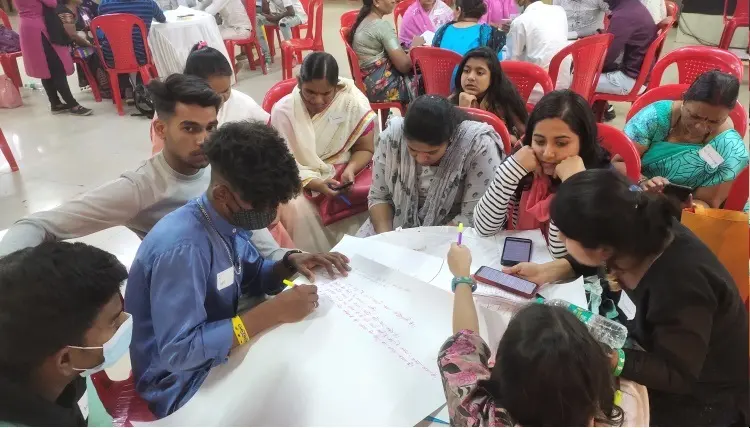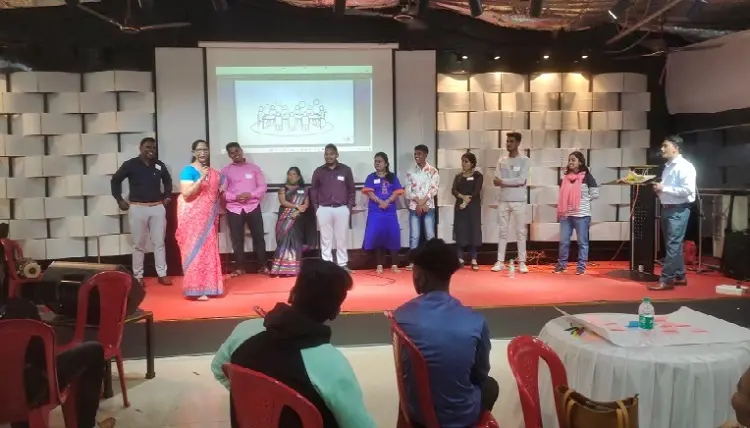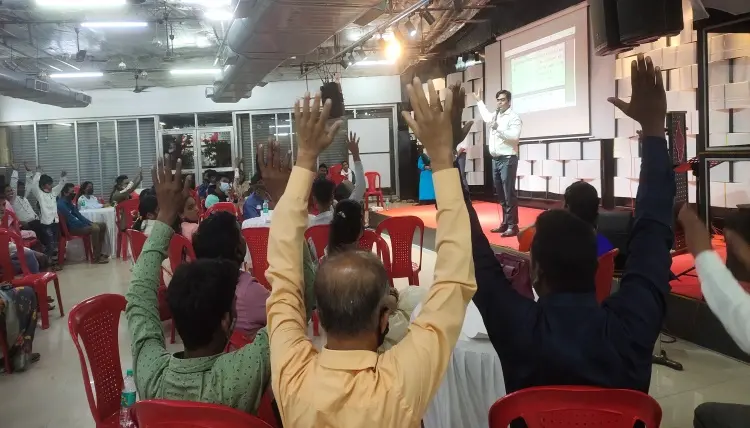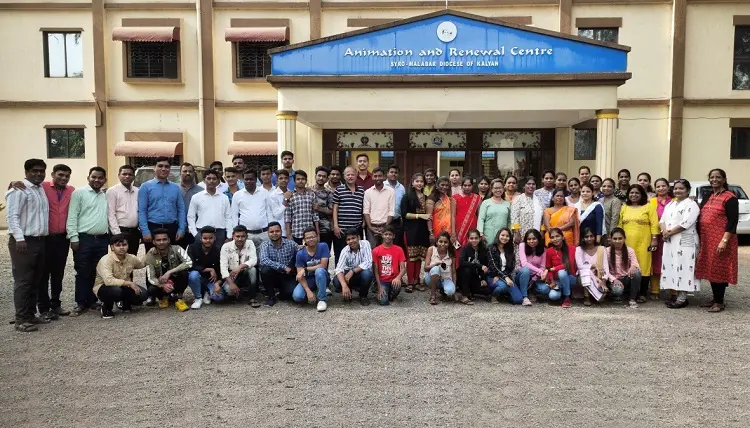Sammaan
Promoting Positive Masculinity
Objective
We envision young men and women primarily on what is Positive Masculinity and how we can transform our worldviews and learn to respect one another. This will create deeper and stronger relationships between families and communities.
Transforming Masculinities
‘Gender Champions’ are men and women who volunteer within communities to lead and facilitate change with respect to gender and gender equality. The aim is to support individual behaviour change, and to change social norms around gender, masculinities and sexual and gender-based violence.
One in every three women and girls will experience physical and/or sexual violence in their lifetime, viz. One billion women and girls in our world today. Violence against women and girls happens in every sphere and strata of society in various forms such as rape, physical abuse, harassment and discrimination. Sexual and gender-based violence (SGBV) deprive women and girls of a life of dignity.
Statistically, the majority of perpetrators of SGBV are men and boys. Our work is very specifically focused on addressing the individual knowledge and behaviour of men and boys and the social norms that lead to male violence against women and girls. It is also important to note that men and boys may also experience gender-based violence, including sexual violence.
Belief systems influence and shape social norms, including gender norms on roles and values, and can have a negative or positive impact on achieving gender justice.
The aim of the Transforming Masculinities approach is to work towards gender justice through a gender transformative model, founded in the principles that value the wellbeing and equality of all human beings. The goal is not to challenge existing gender roles directly, but rather to question the values assigned to those gender-ascribed roles, the gender norms based on unequal power, and the values and status assigned based on people’s gender identities. The aim is to promote positive models for being men and women, for leadership, and for restoring relationships at every sphere of society.
Our engagement with leaders, and our training of ‘Gender Champions’ who then facilitate community dialogues, will promote change in individual behaviour and social norms on gender and masculinities. We strongly believe that this will lead to systemic changes in social, political and economic structures that will build a society free of sexual and gender-based violence in all forms.
The Transforming Masculinities process works with different groups through workshops or structured small group discussions drawing on scriptural reflections on gender equality. Themes include understanding sexual and gender-based violence (SGBV) and how it affects our communities, addressing unequal power and privilege, and discussing positive masculinities.
Activities
To achieve this goal we have taken the initiative to identify both men and women who agreed to volunteer within partner communities to teach and train on topics like gender norms, gender equality and the role of faith. These faith leaders would later lead and facilitate this in their respective communities.




